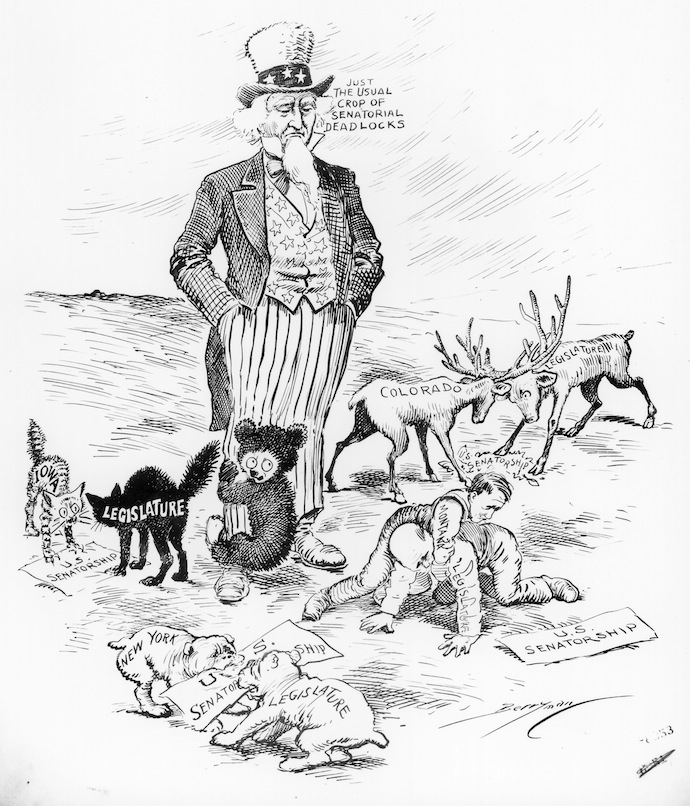The Sage of Main Street
Gold Member
AUSTRALIAN: Crocodile Dundeewhat a crock of bsBusiness Is a Team, Not a One-Man ShowI am not interested in redistributing wealth. I am interested in transforming the mode of production and developing a cooperative society.You can appreciate that de Tocqueville was born in the year 1805, right? His father was a noble peer in a monarchical, hierarchical system.
I do not fixate on what other people have. I fixate on creating an egalitarian society. My understanding of Marx is that he desired much the same.
How can you have an egalitarian society without fixating on what other have? The game is, you take a tally of wealth and riches and decide to divvy it up the way you see fit.
For example, those in the US who are poor are rich in comparison to those in Haiti. However, in the US egalitarians seek to give more redistribution to the poor in the US as where if the poor in the US were in Haiti, they would be seeking to take from them to give to the poor in Haiti.
So the egalitarian concept is only dependent on what other people have.
despite your refusal to recognize It
Capitalism Is founded on cooperation
Capitalism is collectivist. The employees create the wealth, and the owners collect it. So it is no different from Communism, where the one-party dictatorship that owns all businesses collects the wealth produced by those not in the loop. That's more proof that Communism was created by the impatient spoiled brats of the Capitalists. "Heiristocracy" is the enemy of democracy and must have its privileges abolished.
HITLERIAN AUSTRIAN: Crock of Dung Tea
That's the way Low IQs who have nothing to say in objection substitute for a detailed and logical analysis.

